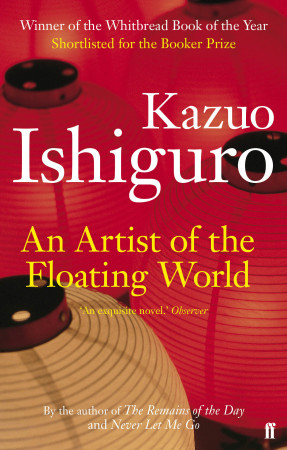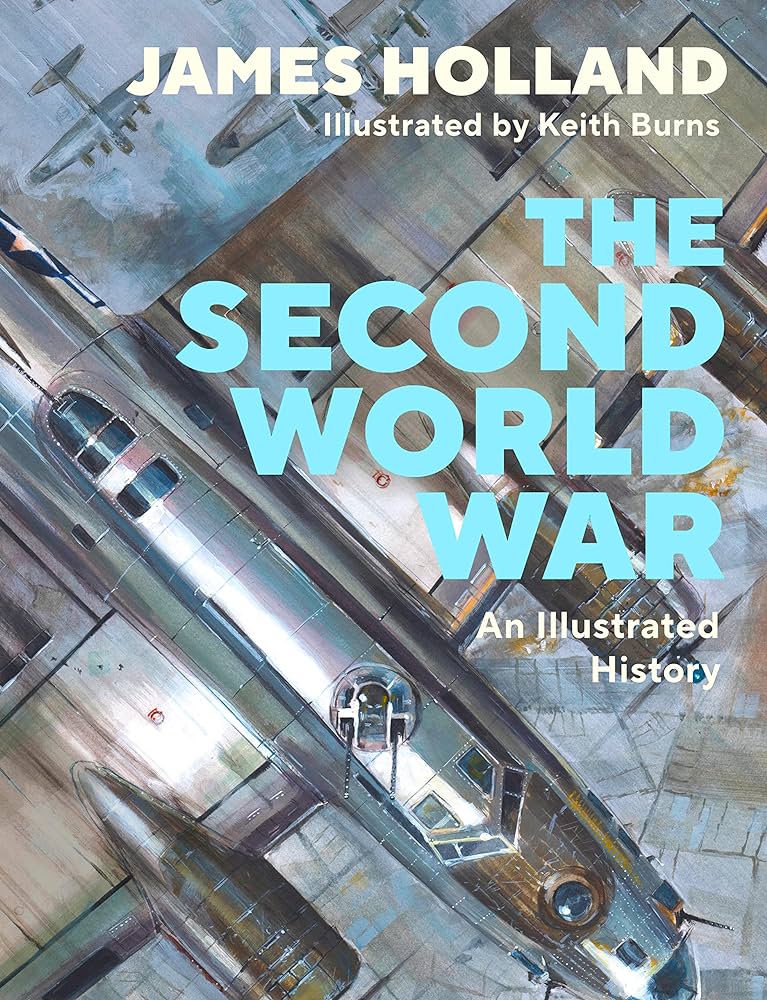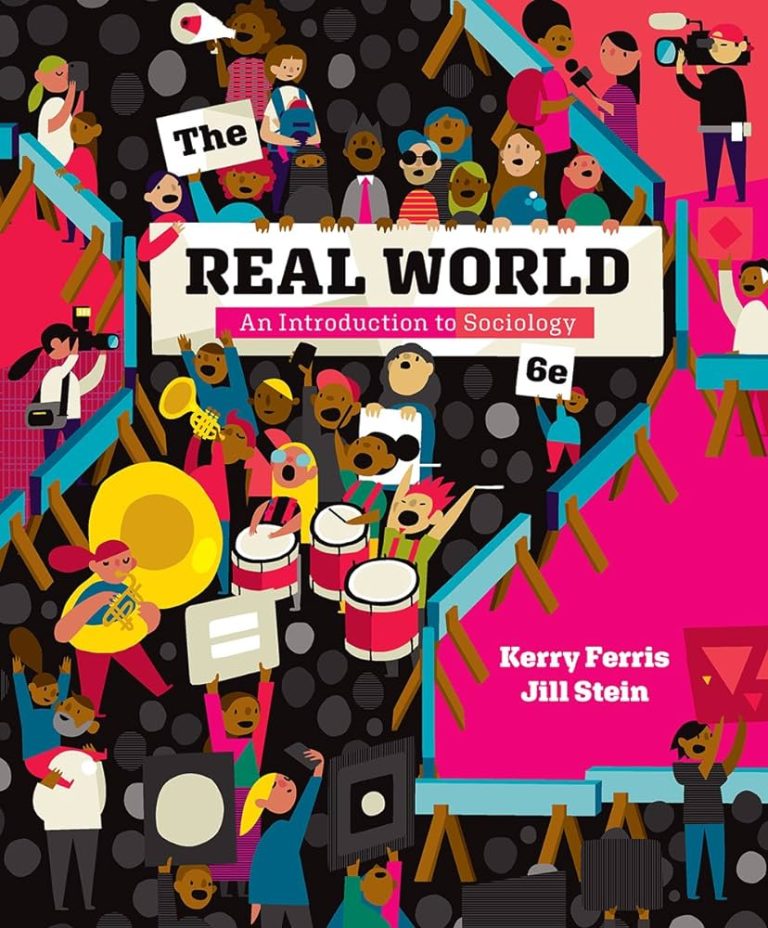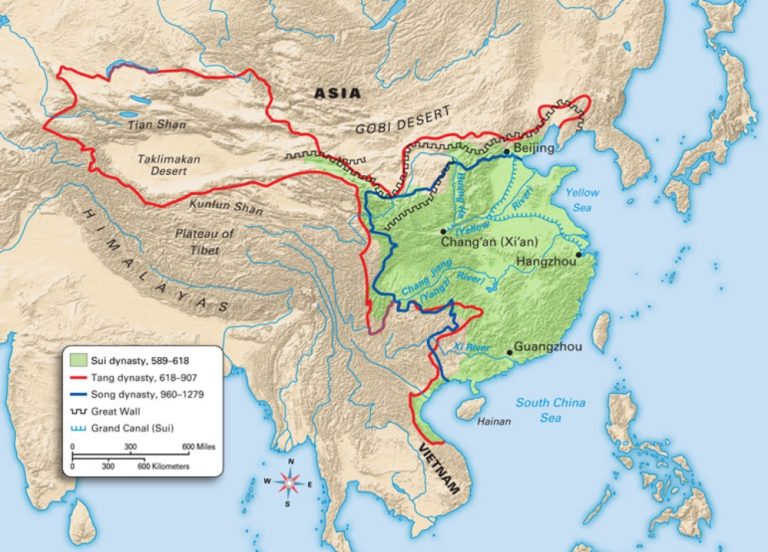Books Like An Artist Of The Floating World
An Artist of the Floating World is a novel written by Kazuo Ishiguro in 1986. It tells the story of Masuji Ono, an aging Japanese painter who reflects on his life as a successful artist in pre-WWII Japan. The novel explores questions of identity, memory, and morality, as Masuji struggles to come to terms with his past and the changes in the world around him. Books like An Artist of the Floating World explore similar themes, such as the struggle between personal and national identity, the effects of war and societal change, and the idea of redemption. Other books in this genre include When We Were Orphans by Kazuo Ishiguro, The Remains of the Day by Kazuo Ishiguro, and The Book of Lost Things by John Connolly.
Overview of An Artist Of The Floating World
An Artist of the Floating World is an award-winning novel by British author Kazuo Ishiguro. The novel tells the story of Masuji Ono, a retired painter living in post-World War II Japan. It is a story of memory, identity, and the choices people make in life. Ono looks back on his past, reflecting on his life and the choices he has made.
The novel is a masterful blend of nostalgia, regret, and hope. Ono recounts his memories of pre-war Japan, his struggles with identity during a time of great change, and his attempts to make sense of the world around him. Ishiguro’s writing is both elegant and poetic, creating a vivid world of characters and emotions. Throughout the novel, Ishiguro examines the role of history and how it shapes our identity.
The novel is an exploration of the human experience, and the choices we make in life. It is a thoughtful and moving story about a man facing the consequences of his choices and how they shape his identity. An Artist of the Floating World is a timeless classic and an essential read for anyone interested in exploring the themes of memory, identity, and life choices.
For readers who enjoy An Artist of the Floating World, there are many other novels that explore similar themes. Some of these include The Remains of the Day, by Kazuo Ishiguro, The Sense of an Ending, by Julian Barnes, and The Unconsoled, by Kazuo Ishiguro. All of these novels explore themes of memory, identity, and life choices in different ways.
A Brief History of Japanese Literature
Japanese literature can trace its origins all the way back to the 8th century. It was during this time that the earliest known anthology of poems, the Man’yōshū, was published. This anthology included a variety of poetry composed by different authors and contained some of the earliest known examples of Japanese literature. From this point, the literary culture of Japan flourished for centuries.
One of the most influential authors of this period was Murasaki Shikibu, who wrote The Tale of Genji in the early 11th century. This novel is considered to be one of the world’s oldest novels and is still admired today for its beauty and complexity. During the Edo period, which lasted from 1603 to 1868, Japanese literature was dominated by haiku, a form of poetry that conveys a mood or image in just a few words.
In the modern era, Japanese literature has been heavily influenced by Western writing. One of the most famous examples of this is An Artist of the Floating World by Nobel Prize-winning author Kazuo Ishiguro. This novel follows the story of an aging artist in post-World War II Japan as he reflects on his life and his art. It is a poignant and thought-provoking work that has been praised by critics and readers alike.
For readers looking to explore Japanese literature, An Artist of the Floating World is a great starting point. It is a powerful and moving novel that offers an insight into the country’s history and culture. Other books to consider include Haruki Murakami’s The Wind-Up Bird Chronicle, Banana Yoshimoto’s Kitchen, and Kenzaburo Oe’s A Personal Matter. All of these works are essential reading for anyone interested in a deeper understanding of Japan and its literature.
Common Themes and Characteristics of Japanese Literature
Japanese literature is renowned for its distinct style and aesthetic. This is evident in the work of Kazuo Ishiguro, an acclaimed Japanese author whose novels often explore themes of memory, identity, and morality. His novel, An Artist of the Floating World, is no exception. In it, readers are taken on a journey of Ishiguro’s character’s past, present, and future, as he reflects on the choices he has made and the consequences they have brought. Through this exploration, Ishiguro’s novel reveals several common themes and characteristics that are common in Japanese literature.
One of the most prominent themes in Japanese literature is the idea of “floating world,” or an ephemeral state of being that exists between the past and the present. This can be seen in An Artist of the Floating World, where the character’s memories of his past and the choices he has made are intertwined with his current existence. This theme of the floating world is echoed in other authors’ works, such as Haruki Murakami’s The Wind-Up Bird Chronicle, which also deals with themes of identity and memory.
Another common theme in Japanese literature is the idea of balance, or the idea that life is a cycle of seeking and finding balance. This is seen in An Artist of the Floating World, where Ishiguro’s character attempts to find balance between his past and present life, as well as between his personal relationships. This theme of balance is also found in other works of Japanese literature, such as Natsume Soseki’s Botchan, which deals with the idea of balancing one’s inner and outer life.
Finally, Japanese literature often incorporates the concept of “honne and tatemae,” which refers to the idea of being honest and true to oneself, while also presenting a more socially acceptable face to the world. This is seen in An Artist of the Floating World, where the character struggles to reconcile his inner and outer lives, as well as his past and present. This theme of honne and tatemae is also found in other works of Japanese literature, such as Yasunari Kawabata’s The Sound of the Mountain, which examines the idea of reconciling one’s inner and outer worlds.
These are just a few of the common themes and characteristics of Japanese literature that can be found in An Artist of the Floating World and other works. Through their exploration of these themes, these works continue to engage readers and provide insight into the intricacies of the Japanese culture.
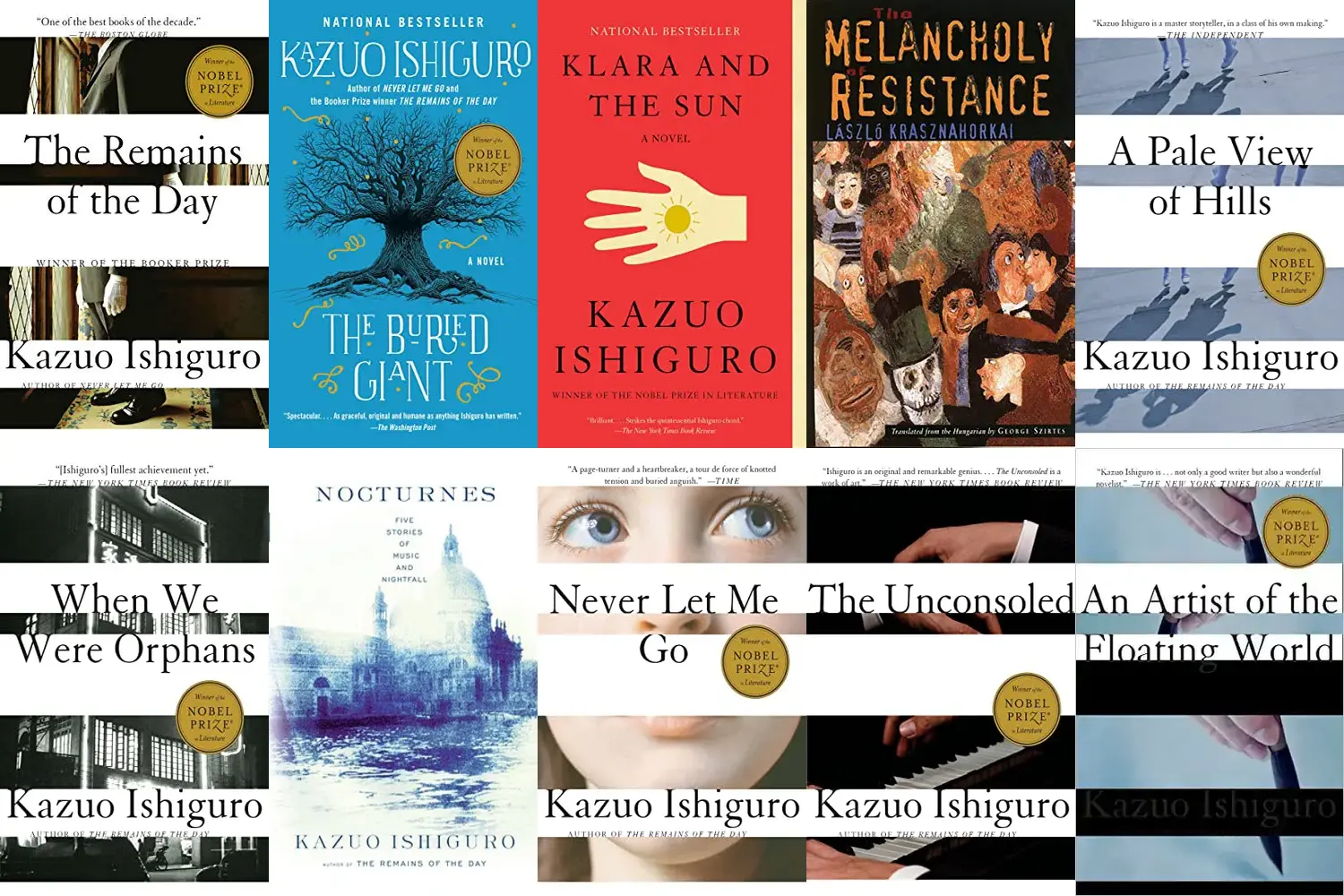
Other Books with Similar Themes to An Artist Of The Floating World
An Artist of the Floating World, written by Kazuo Ishiguro, is a powerful and thought-provoking work of fiction that tackles themes of guilt, remorse, and coming to terms with the past. But there are many other books out there that explore similar ideas and themes. Here is a list of some of them:
1. A Tale for the Time Being by Ruth Ozeki: This book follows the story of a Japanese-American woman who discovers a diary written by a Japanese girl in the aftermath of the 2011 tsunami. The novel is a poignant exploration of identity and the effects of time on the human experience.
2. The Remains of the Day by Kazuo Ishiguro: This Booker Prize-winning novel follows the story of a butler in post-World War II England, and his inner struggles with his sense of duty and personal desires.
3. A Single Man by Christopher Isherwood: This novel follows the story of George, an English professor living in California in the 1960s, as he grapples with his grief over the death of his partner. It is a powerful and moving exploration of identity and loneliness.
4. The Unconsoled by Kazuo Ishiguro: This novel follows the story of a famous pianist as he travels to a foreign city to perform a concert. It is an exploration of memory, guilt, and the power of the past to shape our present.
These books all explore themes of identity, guilt, and the power of the past to shape our lives in profound and moving ways. They offer an insightful look at how we grapple with the complexities of our lives, and how our decisions and actions have consequences beyond what we can imagine.
How An Artist Of The Floating World Relates to Other Japanese Literature
An Artist of the Floating World, written by Kazuo Ishiguro, is a novel that speaks to the heart of Japanese culture and identity. It is a story of one man’s journey of self-discovery and his attempt to make sense of the complexities of his homeland. But how does An Artist of the Floating World relate to other classic works of Japanese literature?
The novel draws inspiration from a variety of sources, including the works of Haruki Murakami and Yasunari Kawabata, and even the ancient Japanese epic Tale of Genji. These works all focus on similar themes of loss and redemption, and Ishiguro’s work is no exception. In An Artist of the Floating World, we witness the protagonist Masuji Ono’s struggle to come to terms with his past and to find meaning in his present.
Like many of its contemporaries, An Artist of the Floating World is a story of love, loss, and redemption, but it also speaks to a larger struggle for identity. Through the character of Masuji, Ishiguro captures the nuances of the Japanese experience, including the conflict between tradition and modernity. This makes it a timeless classic, and one that is still relevant today.
In conclusion, An Artist of the Floating World is a novel that speaks to the heart of Japanese culture and identity, and it draws inspiration from a variety of sources, including classic works of Japanese literature. Through its exploration of themes of love, loss, and redemption, it captures the nuances of the Japanese experience, making it a timeless classic.
Final Thoughts on An Artist Of The Floating World and Japanese Literature
An Artist Of The Floating World by Kazuo Ishiguro is an evocative and powerful novel that has deservedly won numerous awards and gained much acclaim. It is a unique work of Japanese literature, and one which can be difficult to classify due to its complex narrative structure and themes. While Ishiguro’s novel is an impressive work of literature, there are many other works of Japanese literature that can be enjoyed.
For readers looking to explore more Japanese works, there are many excellent choices. A great place to start is the classic novel The Makioka Sisters by Junichiro Tanizaki. A story of four sisters living in traditional Japan, Tanizaki’s novel is a beautiful and bittersweet examination of family and culture. Not to be missed is Haruki Murakami’s The Wind-Up Bird Chronicle, an epic, surreal, and multilayered masterpiece. If you’re looking for something a bit lighter, then the hilarious satire of Ryu Murakami’s Almost Transparent Blue is a great choice.
These are just a few of the many wonderful works of Japanese literature out there. If you’ve enjoyed An Artist Of The Floating World, then why not take the plunge and explore the wealth of writing on offer from this diverse and fascinating culture?
FAQs About the Books Like An Artist Of The Floating World
Q1: What is the setting of the novel ‘An Artist of the Floating World’?
A1: The novel is set in post-WWII Japan, and follows the life of Masuji Ono, an ageing artist reflecting on his life and accomplishments.
Q2: What themes are explored in ‘An Artist of the Floating World’?
A2: The novel explores themes of identity, culture, and family, as well as the impact of war and its aftermath.
Q3: Who is the author of ‘An Artist of the Floating World’?
A3: The novel was written by Kazuo Ishiguro, a British novelist and Nobel Prize winner.
Conclusion
Books Like An Artist Of The Floating World are an excellent way to explore the complexities of Japanese culture. The story of Masuji Ono and his family is an engaging and thought-provoking tale that delves into the struggles of identity, duty, and ambition in Japan during and after World War II. Through Masuji’s journey, readers can learn more about the struggles of the time period as well as gain a deeper understanding of the complexities of the Japanese culture.

